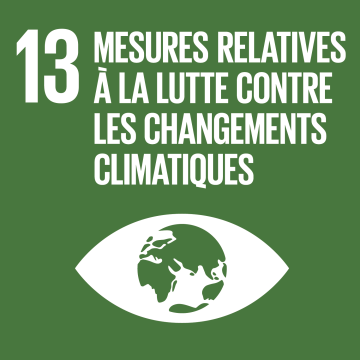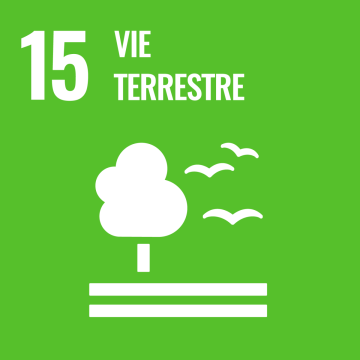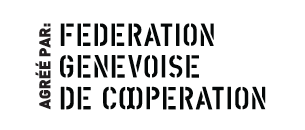Sunu Euleuk, Sunu Ecosystème - Transition to agro-ecological territories
The Sunu Ecosystème, Sunu Ëulëuk - Supporting the transition to agro-ecological territories project aims to support the transition from rain-fed agriculture to resilient peasant farming that strengthens food sovereignty while respecting the balance of ecosystems. Sustainable restoration of production bases, control of the water cycle and easy access to land are key drivers of this desired change.



Donors
Fédération Genevoise de Coopération
Beneficiaries
320 producers
1,500 households (waste)
6280 community members
60 management committee members
220 local contractors
3,100 pupils and teachers
255 municipal and technical staff
Total cost
639'000 CHF
Duration
2021-2024 (36 months)

Supporting communities
The aim of the project is to support the transition from rain-fed subsistence farming (which is highly exposed and vulnerable to climatic hazards) to resilient small-scale farming that strengthens food sovereignty while respecting the balance of ecosystems. Sustainable restoration of production bases, control of the water cycle and easy access to land are key drivers of this desired change.
Disparities in access to land
The low level of education and qualifications of young people, particularly women, and their difficult access to financial services, put them in an extremely precarious situation. Many of them opt to emigrate, which has become the preferred alternative in the hope of a better future.
This difficult situation for women is exacerbated by disparities in access to land. As a result, they have not yet played a leading role in the fight against soil and ecosystem degradation. However, they generally adhere to the regulations governing areas set aside for natural or assisted regeneration. Although the local authorities are beginning to understand the need for equity in women's access to land, the project will be lobbying them and traditional chiefs. This will enable them to facilitate the provision of land for their farming activities and thus participate more actively in land restoration initiatives.